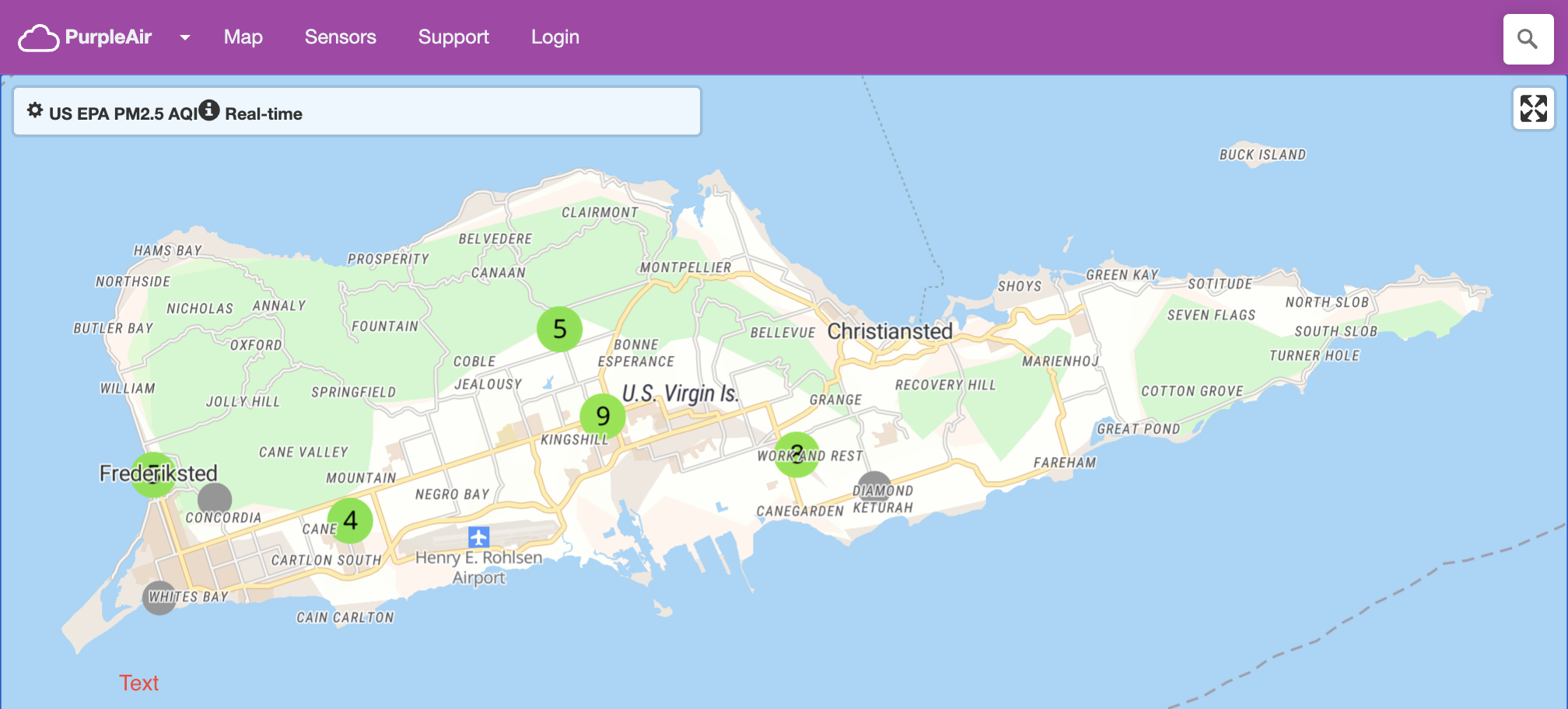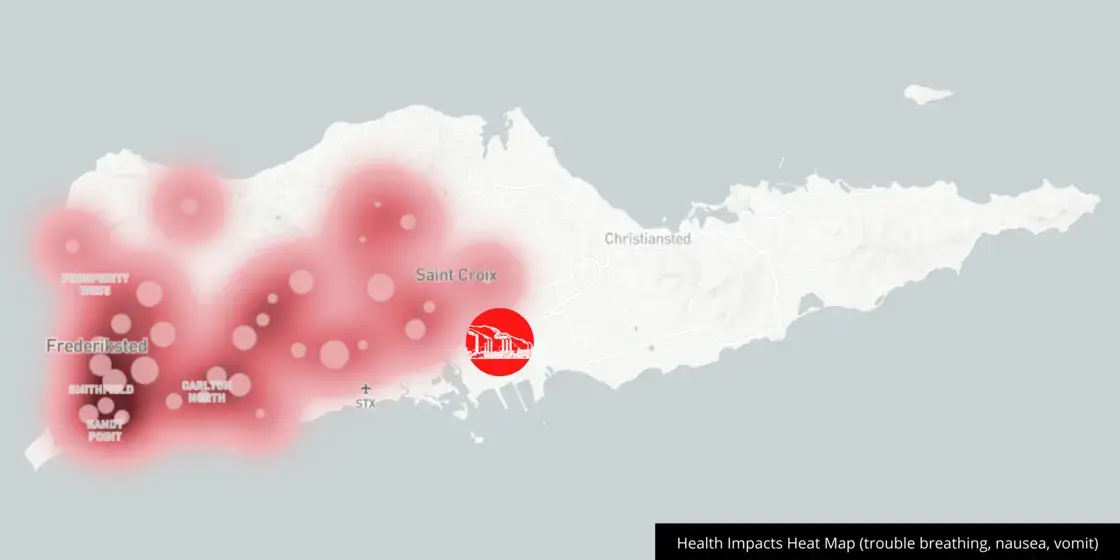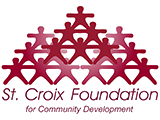ST. CROIX – Terra Ay Ay project organizers are putting a call out for St. Croix residents and farmers in the mid-island and western regions who would like to volunteer to have an air sensor installed at their home, or sign-up for water and soil testing. The air sensors and testing are offered for free to a limited number of homeowners, farmers and backyard growers as part of the Terra Ay Ay project’s efforts to collect community-sourced data on St. Croix’s air, water, and soil quality.
The project utilizes a citizen-science approach through training students, teachers and volunteers to install a network of 15 PurpleAir sensors and perform over 100 residential cistern water, well water, and soil tests on St. Croix. The data collected is scientific and unbiased, and it will be published anonymously online at http://terra-ayay-project.org, providing St. Croix residents with a trusted resource to help make informed decisions about their family’s health.
The testing will be targeted to homes and farms in the mid-island and western regions of St. Croix – areas that have experienced the most adverse impacts of industrial and environmental disasters in recent years, per community surveys and published reports. The St. Croix neighborhoods of particular interest are the Estates of: Adventure, Bethlehem Old Works / Bethlehem (south), Clifton Hill, Cottage, Golden Grove, Mary’s Fancy, Mountain, Mt. Pleasant (west), Profit, Sion Hill, St. George, Strawberry Hill, Upper Love, and Work and Rest.
Homeowners, farmers, and growers living in the targeted neighborhoods are encouraged to email terraayay@gmail.com or call 340-727-6597 to participate in the program.
Terra Ay Ay is led by St. Croix Foundation and its Environmental Sector members: CHANT (Crucian Heritage and Nature Tourism), SEA (St. Croix Environmental Association) and Virgin Islands Good Food. The nonprofits partnered with University of the Virgin Islands scientists to train students, teachers, and volunteers on testing protocols and on how to build networks of trusted citizen science.
The program is funded by a grant from the U.S. Environmental Protection Agency and was created in response to the environmental pollution and incidents at the St. Croix refinery in 2021. In the summer of 2021, CHANT, SEA, and Virgin Islands Good Food collaborated with Bennington College professor, David Bond, to facilitate a community impact survey that mapped the incidents of self-reported health impacts as a result of the refinery emissions. The survey findings from June and July of 2021, concluded residents in every neighborhood downwind of the refinery reported significant impacts to individual and environmental health.
“For anyone who has been on St. Croix for an extended period of time, we have all lived through natural and man-made incidents that have had serious impacts on our health and our environment,” said Frandelle Gerard, Executive Director of CHANT. “From Cat 5 hurricanes, flash floods, droughts and months of Sahara dust, to being subjected to breathing or living near industrial pollution, oil spills, harmful pesticide use, and even the burning of tires – all of these factors affect our health because they impact the air we breathe, the water we drink, and the soil we use to grow our food. Now with Terra Ay Ay, we can collect our own data to monitor these impacts,” Gerard added.
The Terra Ay Ay website page dedicated to air quality (https://terra-ayay-project.org/air-quality/) currently houses a map of active PurpleAir sensors installed on St. Croix, with real-time data measuring particulate matters such as dust, smoke, humidity, pollen, as well as other organic and inorganic particles. The map will be updated as the additional sensors are installed on the island. The website will also house future data and reports on cistern water testing, well water testing, and soil testing on St. Croix.
“There is nothing more powerful than an informed and educated person,” said Virgin Islands Good Food Executive Director, Sommer Sibilly-Brown. “When we talk about quality of life in the VI, we need to also ensure our community has access to real-time information on the factors that are actually affecting our quality of life. Then, with our own data in hand, we can hold our elected officials accountable for ensuring we have regulations and policies enforced that prioritize environmental protection and community health,” added Sibilly-Brown.
The Terra Ay Ay project aims to use educational outreach, student and teacher involvement, and community volunteers and engagement to create a network of citizen scientists on St. Croix, fostering the next generation of environmental stewards and public health advocates.
Jen Valiulis, Executive Director of SEA shared, “Citizen science projects are at the heart of what we do at SEA, and we are especially excited to bring this project into the classrooms to engage young students and college students.” Valiulis added, “At minimum, we hope that every student will better understand the value of environmental science and monitoring, but we also hope that this project might spark an interest in environmental sciences that could develop into a career path. In either case, we are empowering students and community members to become stewards of our home.”


